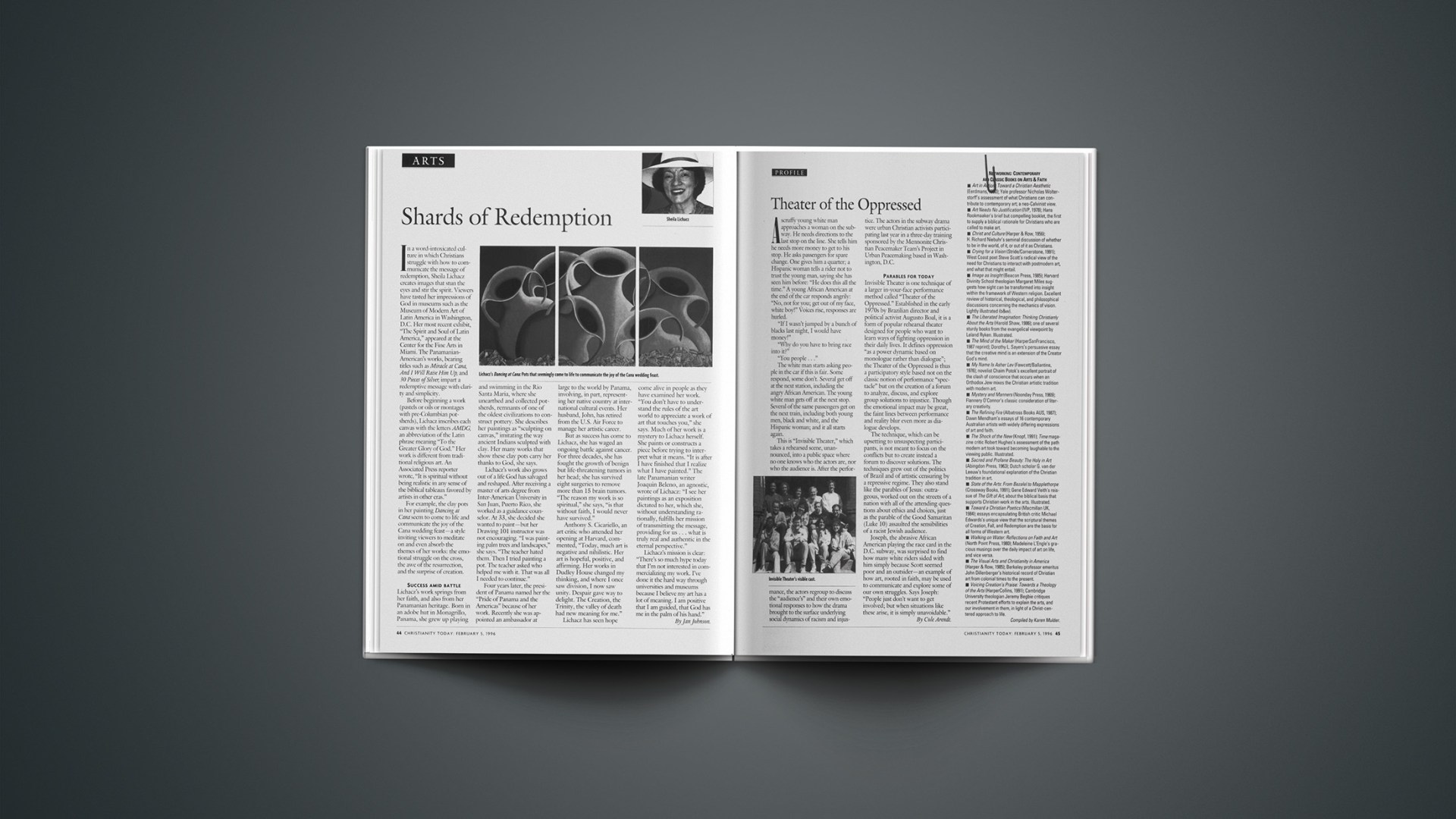A scruffy young white man approaches a woman on the subway. He needs directions to the last stop on the line. She tells him he needs more money to get to his stop. He asks passengers for spare change. One gives him a quarter; a Hispanic woman tells a rider not to trust the young man, saying she has seen him before: “He does this all the time.” A young African American at the end of the car responds angrily: “No, not for you; get out of my face, white boy!” Voices rise, responses are hurled.
“If I wasn’t jumped by a bunch of blacks last night, I would have money!”
“Why do you have to bring race into it?”
“You people . . .”
The white man starts asking people in the car if this is fair. Some respond, some don’t. Several get off at the next station, including the angry African American. The young white man gets off at the next stop. Several of the same passengers get on the next train, including both young men, black and white, and the Hispanic woman; and it all starts again.
This is “Invisible Theater,” which takes a rehearsed scene, unannounced, into a public space where no one knows who the actors are, nor who the audience is. After the performance, the actors regroup to discuss the “audience’s” and their own emotional responses to how the drama brought to the surface underlying social dynamics of racism and injustice. The actors in the subway drama were urban Christian activists participating last year in a three-day training sponsored by the Mennonite Christian Peacemaker Team’s Project in Urban Peacemaking based in Washington, D.C.
PARABLES FOR TODAY
Invisible Theater is one technique of a larger in-your-face performance method called “Theater of the Oppressed.” Established in the early 1970s by Brazilian director and political activist Augusto Boal, it is a form of popular rehearsal theater designed for people who want to learn ways of fighting oppression in their daily lives. It defines oppression “as a power dynamic based on monologue rather than dialogue”; the Theater of the Oppressed is thus a participatory style based not on the classic notion of performance “spectacle” but on the creation of a forum to analyze, discuss, and explore group solutions to injustice. Though the emotional impact may be great, the faint lines between performance and reality blur even more as dialogue develops.
The technique, which can be upsetting to unsuspecting participants, is not meant to focus on the conflicts but to create instead a forum to discover solutions. The techniques grew out of the politics of Brazil and of artistic censuring by a repressive regime. They also stand like the parables of Jesus: outrageous, worked out on the streets of a nation with all of the attending questions about ethics and choices, just as the parable of the Good Samaritan (Luke 10) assaulted the sensibilities of a racist Jewish audience.
Joseph, the abrasive African American playing the race card in the D.C. subway, was surprised to find how many white riders sided with him simply because Scott seemed poor and an outsider–an example of how art, rooted in faith, may be used to communicate and explore some of our own struggles. Says Joseph: “People just don’t want to get involved; but when situations like these arise, it is simply unavoidable.”
Copyright © 1996 Christianity Today. Click for reprint information.










